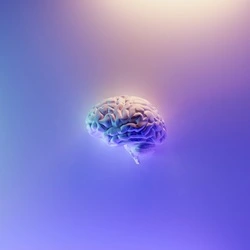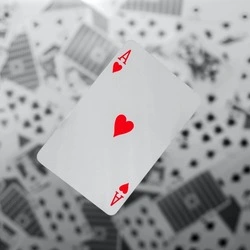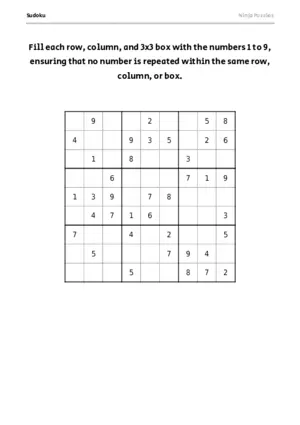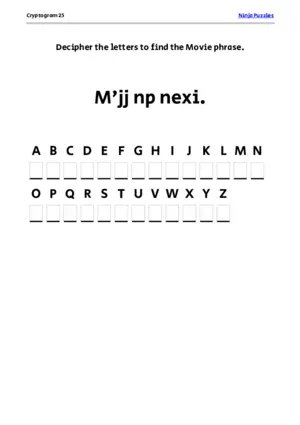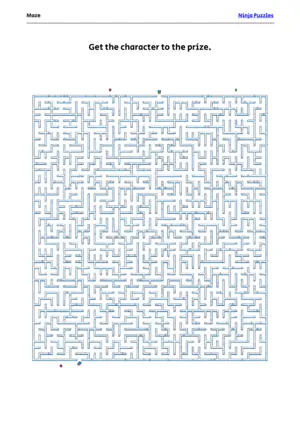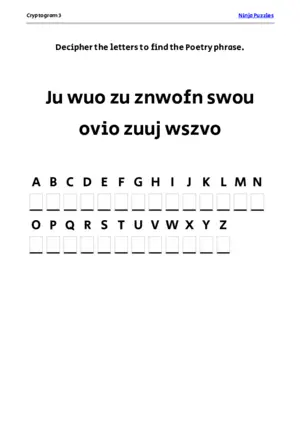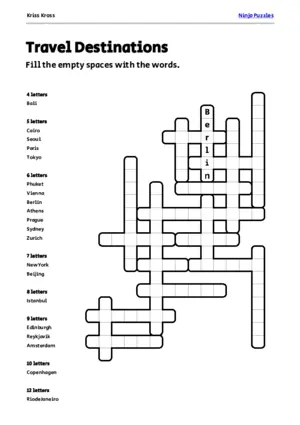The Joy of Puzzling: Bringing Happiness and Mental Health to Your Life
About the author • Ben Gillbanks spent 11 years working at Miniclip.com as a game and web developer. He spent a lot of that time working on and thinking about games and puzzles. He now makes apps, and puzzles, and apps that make puzzles. More info →
Puzzles offer more than mere entertainment—they bring joy and cognitive benefits to people of all ages. Whether tackling a Sudoku or word search, the journey through puzzling leads to happiness and mental fulfillment.
- Puzzles, like Sudoku and word searches, bring happiness and fulfillment to individuals.
- Engaging with puzzles provides a break from daily stressors and fosters relaxation and mindfulness.
- Solving puzzles socially strengthens relationships and promotes cognitive health.
How do puzzles benefit mental well-being?
Puzzles, such as Sudoku and word searches, promote happiness, relaxation, and cognitive health through mental engagement and social interaction.
Puzzles bring happiness to people of all ages by providing a sense of accomplishment and satisfaction. Regardless of whether you’re solving a word search, Sudoku, or a maze, engaging with puzzles offers a pleasurable escape from daily routines and allows older adults to embrace playfulness and curiosity.
When you sit down to solve a puzzle, you enter a world of focused concentration and mental engagement. Each piece you fit together or clue you unravel brings a small victory, generating a surge of happiness and fulfillment. This sense of accomplishment contributes to a positive outlook on life.

Engaging with puzzles also offers a break from the pressures and stresses of everyday life. As you focus on finding hidden words in a word search, filling in numbers in a Sudoku grid, or navigating through a maze, the worries and anxieties fade away. Puzzle solving becomes a form of relaxation and mindfulness, providing a sense of inner peace and rejuvenation.
The joy of puzzling is not limited to individual endeavors. Puzzles can be enjoyed as a social activity, bringing people together and fostering connection. Solving puzzles with others creates moments of shared accomplishment, strengthening relationships and creating lasting memories.
Beyond the immediate happiness it brings, puzzling has long-lasting effects on cognitive health. Regular engagement with puzzles, such as word searches, Sudoku, and mazes, can help maintain and improve cognitive abilities, including memory, attention, and problem-solving skills12.
So, whether you enjoy the quiet solitude of puzzling alone or the lively company of others, embrace the joy that puzzles bring to your life. Set aside dedicated time to engage with your favorite puzzles regularly. Experience the satisfaction of completing a puzzle, the happiness that comes with each solved clue, and the lasting benefits to your mental well-being.
References
-
Li, S. C., & Schmiedek, F. (2018). Brain plasticity and cognitive aging: Theoretical perspectives and novel data. Journal of Gerontology: Psychological Sciences, 73(6), 923-935. [DOI: 10.1093/geronb/gbx190] ↩
-
Persson, J., & Reuter-Lorenz, P. A. (2008). Gaining control: Training executive function and far transfer of the ability to resolve interference. Psychological Science, 19(9), 881-888. [DOI: 10.1111/j.1467-9280.2008.02172.x] ↩

